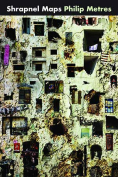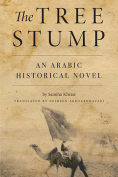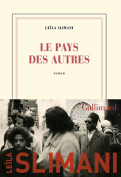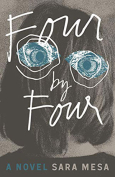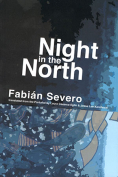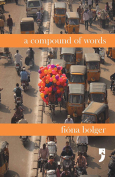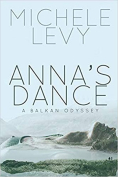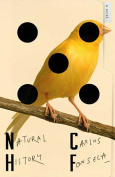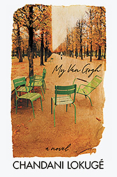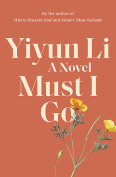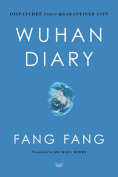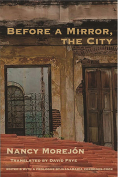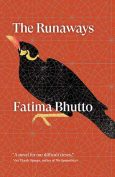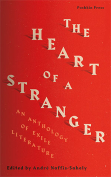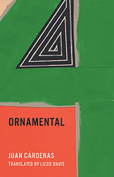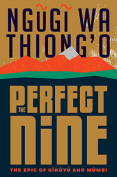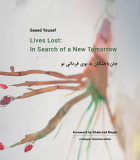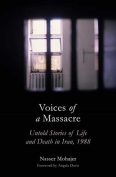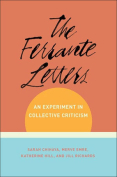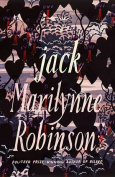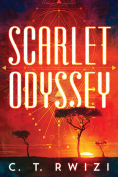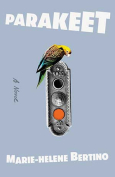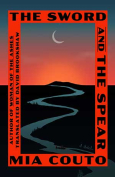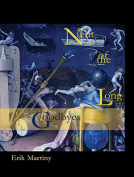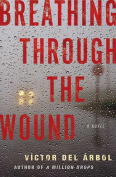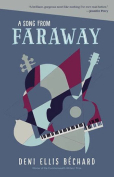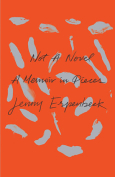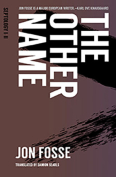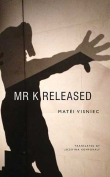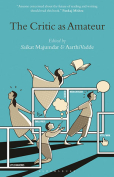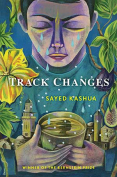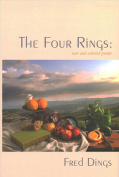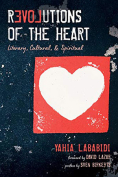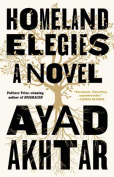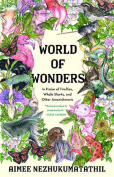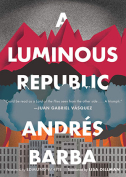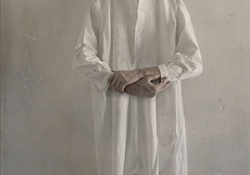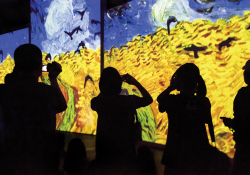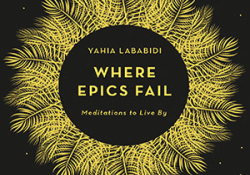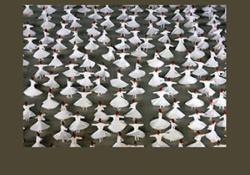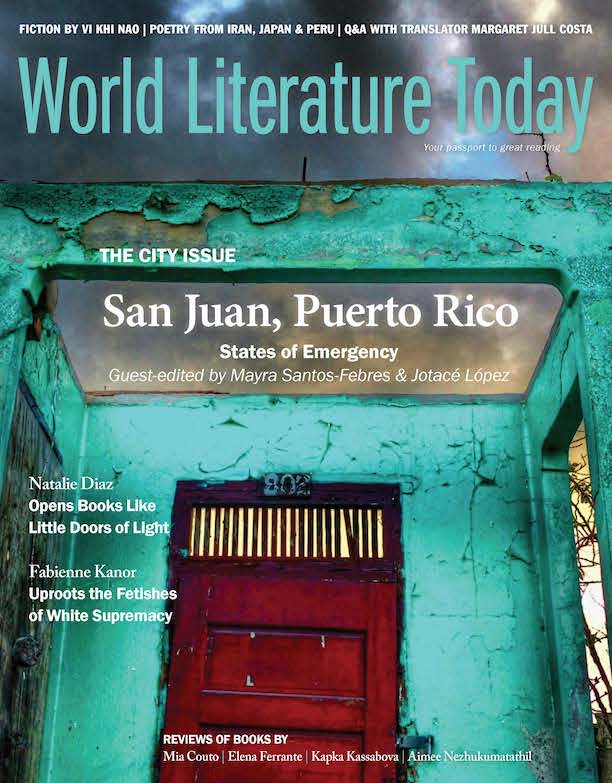Revolutions of the Heart: Literary, Cultural, and Spiritual by Yahia Lababidi
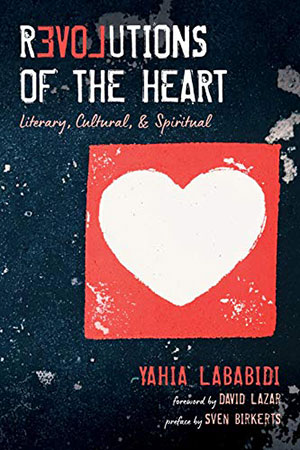 Eugene, Oregon. Resource Publications. 2020. 270 pages.
Eugene, Oregon. Resource Publications. 2020. 270 pages.
GLANCING AT ITS TABLE of contents and finding subjects ranging from C. S. Lewis to Morrissey to the Arab Spring, it might appear that Yahia Lababidi’s latest publication, Revolutions of the Heart, is a rather haphazard collection of intellectual odds and ends. But to anyone familiar with the deft way this modern mystic can weave disparate ideas into a stunning tapestry, this same panoply appears as a flourishing garden awaiting an open mind. Even the uninitiated will find that Lababidi extends a friendly hand to guide you through what seems at first to be wildly different ways of understanding the world and humanity’s place within it.
In the very first essay, “The Books We Were,” the author gives us a crash course in his eclectic reading habits and how he has absorbed intellectual, aesthetic, and spiritual lessons from so many iterations of human creativity. Tracing his evolution through “one Existentialist horror writer after another,” Lababidi finds himself increasingly drawn to poetry and then to the mystical traditions throughout history. Throughout the book, these two philosophical poles frame his discourse, whether reviewing a biography of iconic French poet Arthur Rimbaud or dissecting the seemingly anomalous candidacy of Marianne Williamson within the rapid rise of “so-called spiritual leaders who presume to speak for The Universe” (in contemporary society). Placing himself in the tradition of spiritual seekers, and thus striving to draw wisdom from every available source, Lababidi decries both the fundamentalist adherence to a single belief system as well as the consumerism that treats deeply held spiritual practices more like fashion accessories to be worn when in vogue and cast off when not.
Though he has spent decades in the United States, Lababidi’s affinity for his homeland of Egypt underlies much of his writing and appears most poignantly in a number of agonized and beautiful reflections on his country’s democratic revolution and subsequent slide back into dictatorship, written as it happened. As a poet, he notes with obvious pride in “Daring to Care” that poetic slogans and artists of all stripes played a critical role in the emergence of the Arab Spring. As the hopes of democratic revolution gave way to violence and repression, Lababidi does not try to gloss over the sense of betrayal; his tone remains optimistic that the original driving force of the revolution remains alive in the people’s hearts.
While the book features its share of social criticism, Lababidi’s overall worldview comes off as overwhelmingly positive throughout. He may worry about the effects of technology on our common humanity, but he also still sees that a simple, honest conversation “can forge a profound human connection with a perfect stranger because, ultimately, there are no strangers.” In several essays on contemporary politics, pornography, and the #MeToo movement, Lababidi provides stark, at times uncomfortable, reflections on the ways that individuals unconsciously assume the values that their leaders—political or cultural—espouse in their words and actions. Still, heartened with centuries of mystical knowledge, despair seems to be the furthest thing from his mind, and he sees clearly that despite the pain such unsparing appraisals of ourselves and our society might cause, this is the very threshold we must cross to take the first step toward wholeness.
While Revolutions of the Heart covers an extraordinary range of topics between its covers, in the end this collection clearly shows that it has one true subject: the heart of Yahia Lababidi himself. He may have fought many revolutions within his own mind to develop his distinct style of artistry, but in the mystic’s eye, these struggles are simply part of being a thinking person and just as natural as the revolutions that change the whole world each year.
Z. McGrew
University of Science & Arts of Oklahoma
